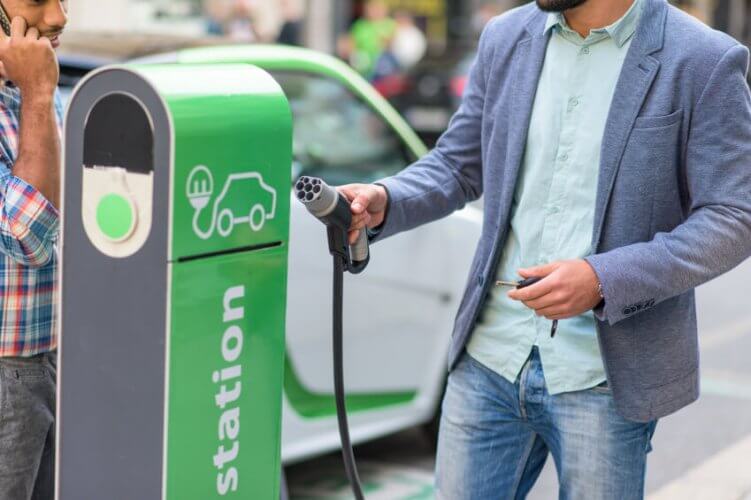
Here’s an interesting thought – what if the U.S government passed a law that would ban all non-electric vehicles from the nation’s roads by 2025? Those who already own an electric vehicle would probably shrug their shoulders and respond with a simple “so?”
But the rest of us who drive a lot of miles each year in our emission-spewing cars and trucks could be hard pressed to switch to a plug-in. Many of us would find the financial investment into an all-electric vehicle to be cost prohibitive, although the gas savings alone would probably pay for the price of replacement after a few years.
While this type of legislation hasn’t been introduced here – yet – the Netherlands has taken a step in that direction, looking to eliminate the sale of all non-electric vehicles by 2025.
Motion would ban all diesel and gas-powered vehicles
In a recent decision, the Tweede Kamer, the Netherland’s lower house of Parliament, supported a motion proposed by the Labor Party (PvdA) to ban all diesel and petroleum cars from the Dutch market starting in 2025. Should the proposal be enacted, existing fossil fuel-powered cars would be allowed to remain on the road until they died – which could take years, depending on the vehicle’s dependability and availability of parts. But, all new sales would be restricted to electric vehicles only.
One of the most carbon-intensive countries in EU
The reason for the proposed shift – the Netherlands is considered one of the most carbon-intensive countries in the European Union (EU), according to a 2015 study by Deloitte. In fact, renewable energies make up only five percent of the country’s overall energy mix – with natural gas and petroleum comprising the majority of its energy resources at 41 and 42 percent respectively. Meanwhile, solid fuels were third at 10 percent.
Twenty-nine percent of all energy consumption in the Netherlands was attributed the transportation sector per a 2012 study. According to a 2015 report from the Energy Information Administration, transportation in the United States amounts to a comparable 27 percent of the country’s energy consumption.
Would idea be feasible in the U.S.?
Would this idea be feasible in the U.S.? Probably not. Taking into account the Netherlands is roughly the size of Maryland, following a similar path here would require confronting an insurmountable opposition from automakers, who would rightfully claim the folly of such a plan.
A public outcry would probably not be far behind. Electric vehicles have a limited range and, because a large portion of U.S. drivers commute long distances to work, school, or grandma’s house, traveling back and forth would be difficult – if not impossible.
Furthermore, much of America’s produce and other essential goods are shipped by trucks nationwide; therefore, deliveries of all types would come to a virtual standstill until truck manufacturers built only electric-powered “big rigs”.
Don’t lose any sleep just yet
So, before you lose any sleep over not being able to drive your classic ’69 Camaro or loading up the family truck for a camping trip, remember this – the chances of a total switch to electric vehicles on U.S. roads is unlikely to take place any time soon.
Your time would be better spent on keeping your auto insurance rates low or shopping for a car insurance company known for having the lowest insurance rates available.



